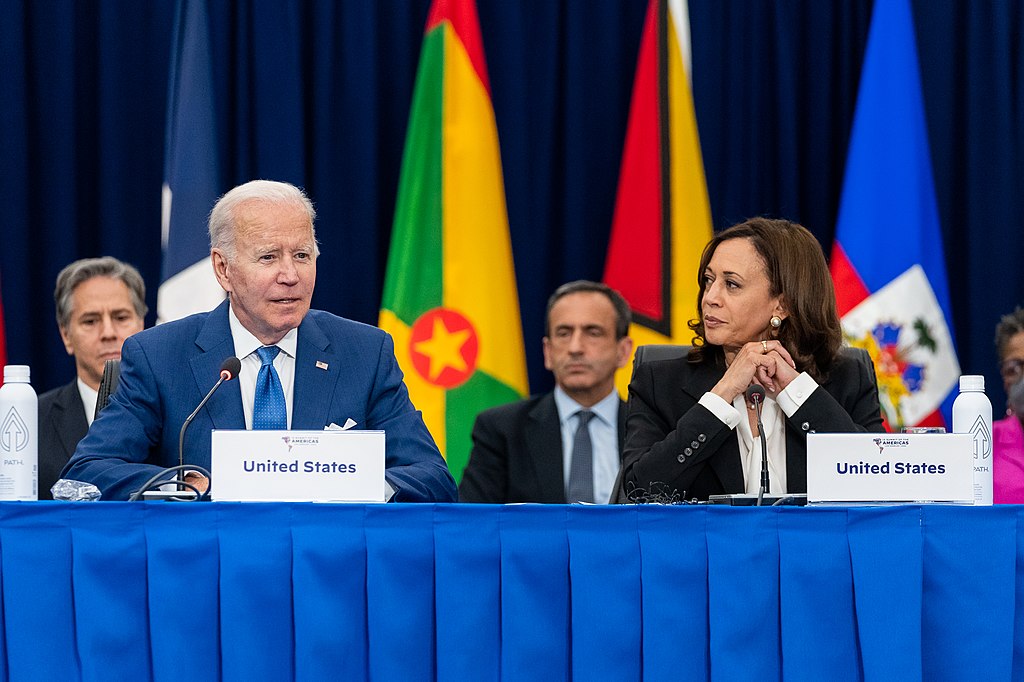A recent vote in the House of Representatives has stirred significant controversy after 158 House Democrats opposed a bill requiring the deportation of illegal immigrants convicted of assaulting women. The legislation, which aimed to introduce mandatory deportation for non-citizens found guilty of such crimes, has become a flashpoint in the ongoing debate over immigration policy and the treatment of violent offenders.
The bill, introduced by House Republicans, was framed as a necessary measure to protect women in the United States from violent criminals. It sought to ensure that any illegal immigrant convicted of assaulting women would face automatic deportation following their conviction. Proponents of the bill argue that it would strengthen public safety, particularly for vulnerable communities, by removing violent offenders from the country.
Despite this, a large majority of House Democrats voted against the measure, citing concerns over the bill's potential consequences. Some lawmakers expressed reservations that the legislation could be too broadly applied, potentially leading to unintended deportations in cases where legal processes had not been thoroughly examined. They argued that the bill failed to address the complexity of the immigration system and risked further marginalizing undocumented immigrants who may already face difficult circumstances.
The decision by House Democrats to oppose the bill has ignited a wave of criticism, particularly from conservative political figures and advocacy groups. They have seized on the vote as evidence that Democrats are not prioritizing the safety of women or taking a hard stance on crime. For Republicans, the vote presents an opportunity to galvanize their base ahead of the 2024 election, framing their opponents as weak on crime and immigration enforcement.
At the same time, Democrats who voted against the bill have defended their position, arguing that more comprehensive reforms are needed to address both immigration and criminal justice issues. They contend that a singular focus on deportation does not solve the underlying causes of violence and could lead to disproportionate consequences for individuals who may not receive due process. Moreover, critics of the bill within the Democratic Party stressed that the legislation could create fear among immigrant communities, deterring individuals from reporting crimes or cooperating with law enforcement.
The debate surrounding this vote taps into broader divisions in U.S. politics over how to handle illegal immigration and the criminal justice system. Immigration remains a deeply polarizing issue, with Republicans pushing for stricter enforcement measures and Democrats advocating for reforms that provide a pathway to citizenship and address systemic inequalities. This latest controversy is likely to inflame tensions as both parties prepare for the 2024 presidential election, where immigration policy is expected to play a central role.
While the bill ultimately did not pass, the vote has sparked heated debate on Capitol Hill, with both sides vowing to revisit the issue. The outcome of this legislative battle is still uncertain, but it has already amplified the political rhetoric surrounding crime, immigration, and the protection of women’s rights.
EconoTimes cannot independently verify the full context of the House vote or the specific allegations regarding its consequences. The political debate surrounding the bill remains contentious, with differing interpretations of its potential impact.



 Defense Contractors Move to Drop Anthropic AI After Trump Administration Ban
Defense Contractors Move to Drop Anthropic AI After Trump Administration Ban  Suspected Iranian Drone Hits CIA Station at U.S. Embassy in Riyadh Amid Rising Middle East Tensions
Suspected Iranian Drone Hits CIA Station at U.S. Embassy in Riyadh Amid Rising Middle East Tensions  Pentagon Downplays ‘Endless War’ Fears After U.S. Strikes on Iran Escalate Conflict
Pentagon Downplays ‘Endless War’ Fears After U.S. Strikes on Iran Escalate Conflict  Rubio Says U.S. Would Not Target School After Deadly Iran Strike Reports
Rubio Says U.S. Would Not Target School After Deadly Iran Strike Reports  Trump’s Iran Strikes Spark War Powers Clash in Congress
Trump’s Iran Strikes Spark War Powers Clash in Congress  Why did Iran bomb Dubai? A Middle East expert explains the regional alliances at play
Why did Iran bomb Dubai? A Middle East expert explains the regional alliances at play  U.S. Preparing Possible Corruption Charges Against Venezuelan President Delcy Rodriguez
U.S. Preparing Possible Corruption Charges Against Venezuelan President Delcy Rodriguez  Israel-Hezbollah Escalation Deepens Lebanon’s Role in Middle East Conflict
Israel-Hezbollah Escalation Deepens Lebanon’s Role in Middle East Conflict  Nepal General Election 2026: Youth Protests, Political Change, and a New Generation of Voters
Nepal General Election 2026: Youth Protests, Political Change, and a New Generation of Voters  Trump Offers U.S. Insurance and Naval Escort for Tankers as Strait of Hormuz Crisis Disrupts Global Oil Trade
Trump Offers U.S. Insurance and Naval Escort for Tankers as Strait of Hormuz Crisis Disrupts Global Oil Trade  European Allies Deploy Air Defenses to Cyprus After Drone Attack on RAF Akrotiri Base
European Allies Deploy Air Defenses to Cyprus After Drone Attack on RAF Akrotiri Base  Israel Prepares Weeks-Long Military Campaign Against Iran Amid Escalating Air Strikes
Israel Prepares Weeks-Long Military Campaign Against Iran Amid Escalating Air Strikes  Santander’s $12.2B Webster Financial Deal Faces Uncertainty Amid U.S.–Spain Trade Tensions
Santander’s $12.2B Webster Financial Deal Faces Uncertainty Amid U.S.–Spain Trade Tensions  Melania Trump Chairs Historic U.N. Security Council Meeting on Children Amid Iran Conflict
Melania Trump Chairs Historic U.N. Security Council Meeting on Children Amid Iran Conflict  Trump Says U.S.-UK Relationship Has Deteriorated After Starmer Hesitates on Iran Strikes
Trump Says U.S.-UK Relationship Has Deteriorated After Starmer Hesitates on Iran Strikes  Trump Defends Extended U.S.-Israel Military Campaign Against Iran
Trump Defends Extended U.S.-Israel Military Campaign Against Iran  U.S.-Israel War on Iran Escalates as Gulf Conflict Disrupts Oil, Air Travel and Regional Security
U.S.-Israel War on Iran Escalates as Gulf Conflict Disrupts Oil, Air Travel and Regional Security 





























